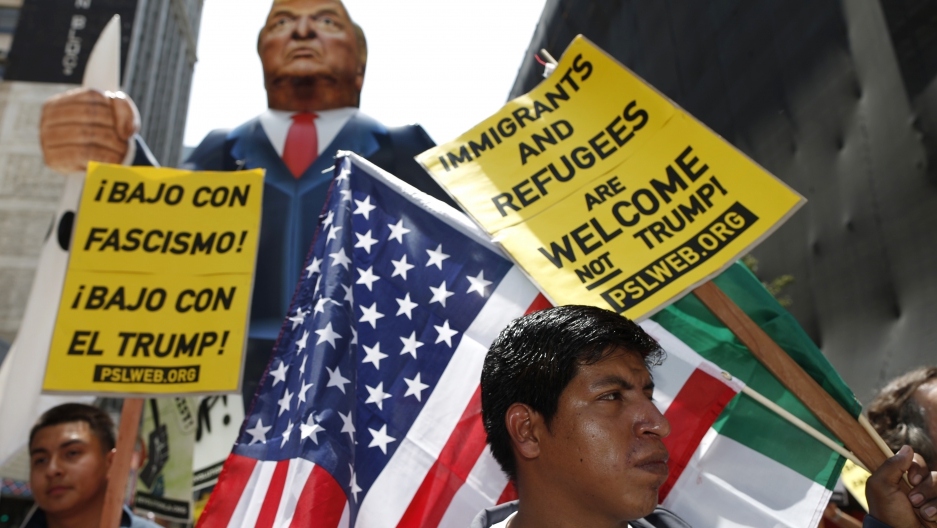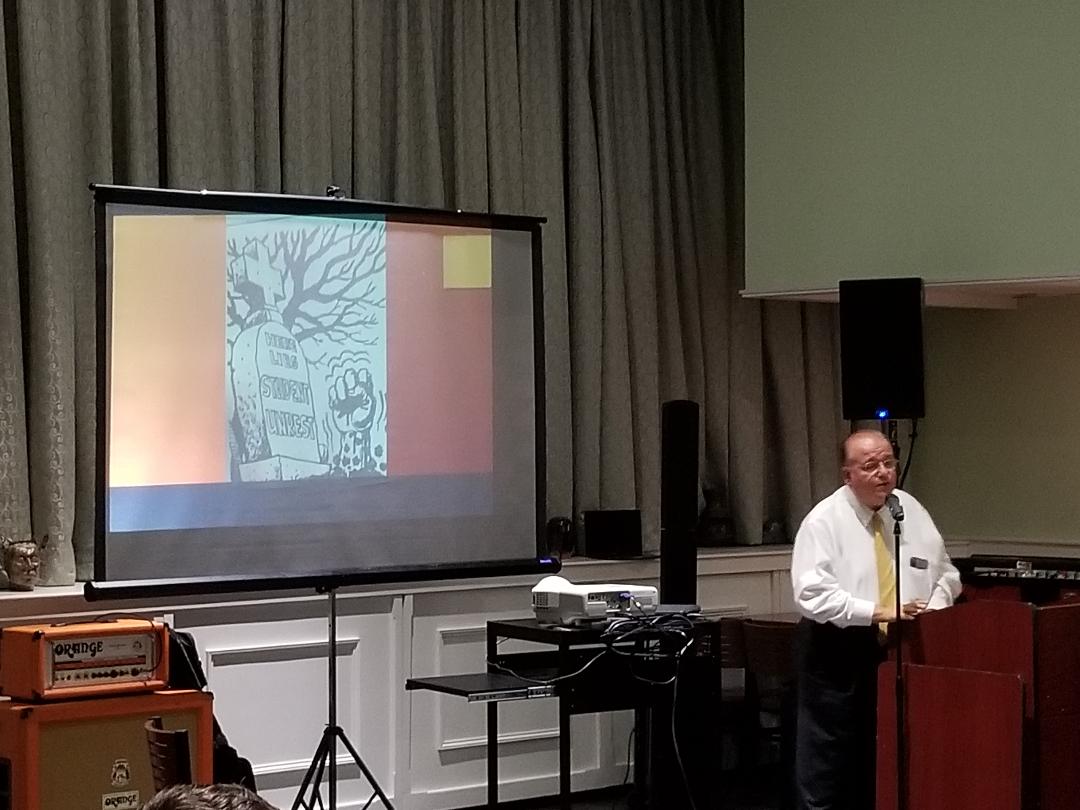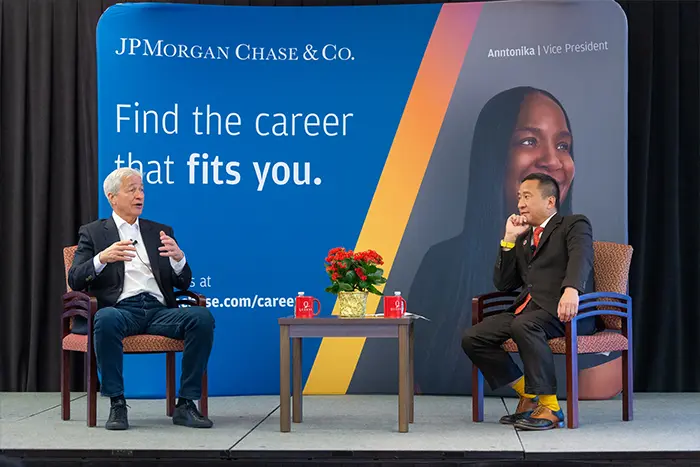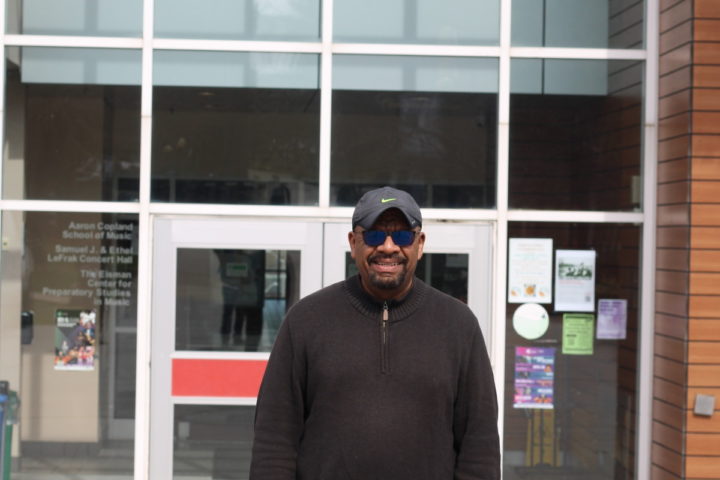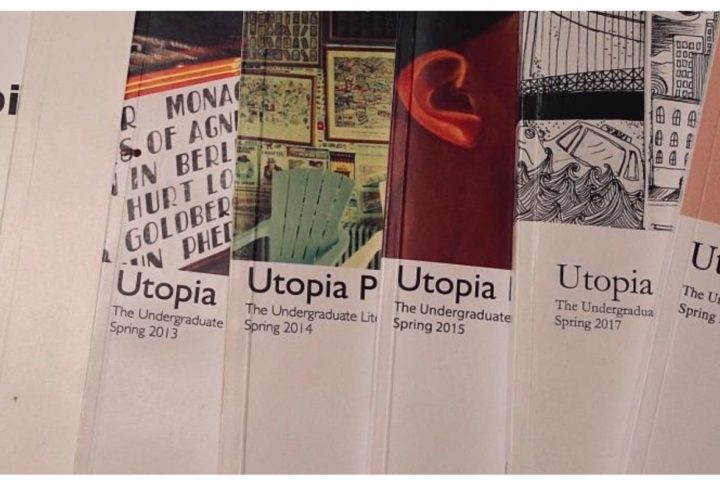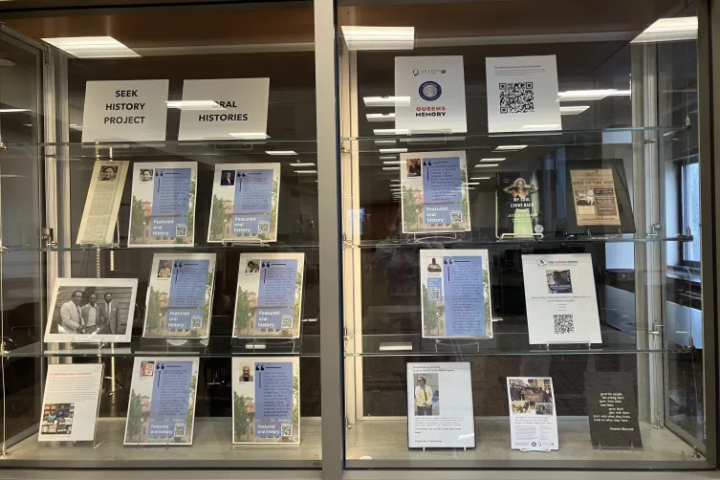Voters from all over New York showed their concern for broken voter machines on Sept. 10, during the 2013 primary elections.
Residents of Brooklyn, Bronx, Manhattan, Staten Island and Queens called in to New York Public Interest Research Group’s voter helpline, run with Common Cause/NY — a non-profit organization that encourages citizen participation in democracy — to complain about late poll site openings, unhelpful poll workers and ask questions about the location of polling sites.
“The most common complaint was broken voter machines,” NYPIRG’s statewide outreach director, Andy Morrison said.
NYPIRG notes that broken machines reported to the helpline by borough are: Brooklyn-18, Bronx-3, Manhattan-10, Staten Island-1 and Queens-7.
Morrison sites one example, among many, in which voters in a Downtown Brooklyn polling site were told they would have to cast their votes on paper ballots because the machines on site were broken.
Many residents blame the incident on the old and outdated machines and some claim that voter machines have been having problems due to Hurricane Sandy, which struck last year.
“I was concerned by the use of old machines because they made the voting process difficult. People are disenfranchised when they can’t cast their vote,” Morrison said.
NYPIRG members tried to help out with the situation as much as possible. Prior to elections, members were trained on the voting process and reviewed questions that they should anticipate on Election Day. Members also received a 10-page pamphlet outlining likely questions.
Melisa Tekin, 19, sophomore, worked in the NYPIRG office in Downtown Manhattan the day of the elections, operating the voter help line and fielding calls from voters across the city to resolve problems people had while voting.
“They are talking to real voters facing real problems,” Morrison said.
As a voter hotline operator, Tekin noticed many issues that took place on primary day.
“A lot of people complained about a lack of assistance at the voting machines . . . the biggest thing [were] complaints in Brooklyn about broken machines,” Tekin said.
As a voter, she worries about people not exercising their right to vote because of all the complications that arise during elections.
Due to the number of issues that occurred during this election, there has been a lot of discussion about bringing back the optical machines that were used in the presidential elections.
“Through this election cycle, we have a lot of reforms that we are pushing for,” Morrison said. Some of which include, “getting rid of voter cards at poll sign-in tables, continually updating records, making the Board of Elections more transparent and accountable and reassessing the runoff system.”
Tekin would like to see more students willing to help out during elections.
“We need knowledgeable poll workers, maybe political science majors,” Tekin said, while noting the compensation of $300 a day.
“There’s a lot of room for improvement in NYC,” Morrison said.
The winner of the Democratic primary was Bill De Blasio and the winner of the republican primary was Joseph Lhota. Manhattan borough president, Scott M. Stringer is now the comptroller of NYC.
For the Nov. 5 elections, optical scan machines will be used.







